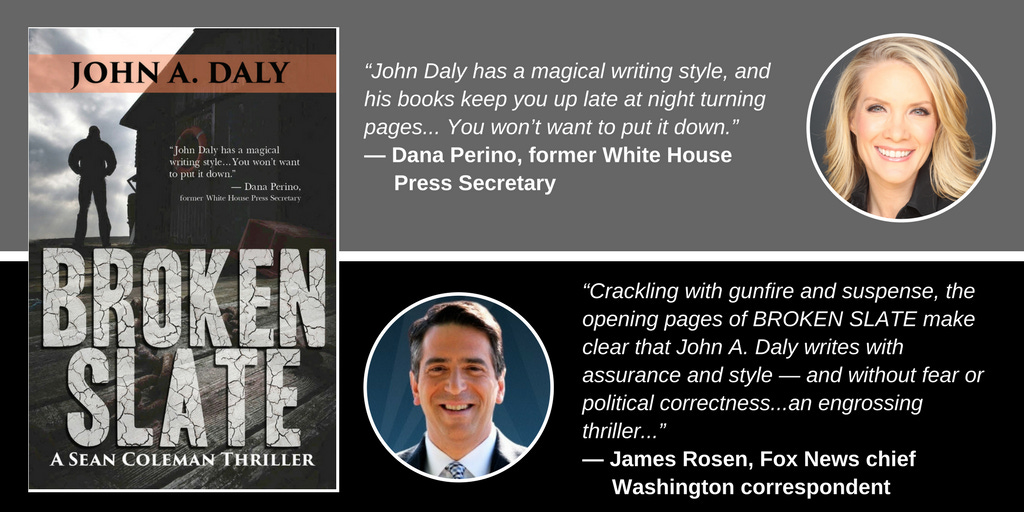Sunday night, after noticing Sean Spicer's name trending on social media, I brushed aside my better judgement and turned on the Emmys. Though the former White House press secretary's brief appearance was long over, the anti-Trump posturing at the glitzy, self-congratulatory schmoozefest was still in high-gear.
Unsurprisingly, the president was the butt of a plethora of mean-spirited jokes and sanctimonious speeches from the show's host (Stephen Colbert), presenters, and award-winners. Yet, it was hard to miss the irony that the ultimate joke came at the expense of those who were supposed to be recognized and celebrated for their achievements that night: the artists themselves.
I mean, how else would you describe a prestigious "Outstanding Supporting Actor" award for a comedy series being bestowed upon a guy whose contribution to that series was simply donning a suit and makeup, and lampooning our president in a relative handful of five-minute-long comedy sketches?
I'm talking, of course, about Alec Baldwin. The actor's brief guest appearances last season on Saturday Night Live were deemed by Emmy voters (peers in the industry) to be more impressive than the performances of five other nominated actors. It was Baldwin's admittedly under-rehearsed Trump impersonation versus a group of regular cast members who'd spent countless hours in front of the camera (over multiple seasons) on their respective shows, crafting their art and perfecting their characters. Yet, Baldwin came out on top.
Impressive, right?
Well... not really, nor was it even surprising.
Now, I'm the first to admit that the skits with Baldwin as Trump were amusing at times, but let's be honest: he put forth a run-of the-mill, satirical imitation that any b-rate actor with minimal comedic training could have matched. The notion that what he did was "outstanding", or required even an intermediate level of talent, is just silly. Baldwin is a fine actor, but his SNL stint was just an opportunity for someone with some name recognition to goof around a little bit on live television for an easy payday.
I'd call the win a slap in the face of dedication, hard work, and creative expression, but the truth is that none of this award-show stuff really matters. So much of it is contrived nonsense that the topic probably isn't even worth the time I've already spent writing about it in this column. The moment Emmy nominations were announced back in July, every one of Baldwin's competitors assuredly knew they were going to lose, and they knew exactly why.
Hollywood has long been overly-politicized and deeply partisan, and the industry has reached a point where it protects and nurtures its political echo chamber above all else — including the art-forms it claims to celebrate. Rather than awarding its highest honors to the best performances, the entertainment world chooses to reward the people and projects that best affirm and promote the cultural narratives most important to liberal elites. And these days, that narrative is resistance to Donald Trump.
So, when a high-profile, outspoken liberal darling like Baldwin advances the narrative — especially in a personal and somewhat vindictive manner — he is deemed by his peers be "outstanding," and worthy of deep praise. And the industry is so eager to grant that praise that they will gladly do so at the expense of very talented individuals among their own ranks.
Again, the joke is on them. And ordinary Americans — even the ones who may share in some of Hollywood's political sensibilities — have figured this out. Television ratings for entertainment award shows continue to decline every year. In fact, Sunday's show is being projected as the lowest-rated Emmys telecast ever.
But don't expect that to ever change the Hollywood culture. When you're living in a bubble as thick as that one, not even hindsight is 20/20.




